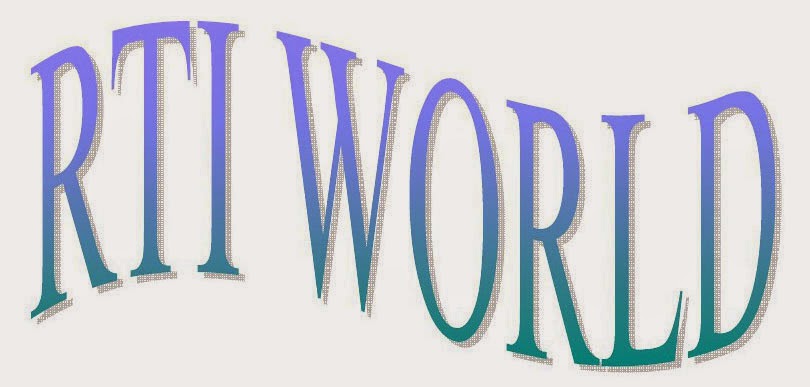You can find here different kinds of articles related to the Right To Information or Freedom Of Information Act. We have tried to discuss about the RTI Act of the world along with the Right To Information Act-2009 of my loving country.
You will be glad to know that we have added the links of the Acts, Laws or Regulations of different countries into our ''Download Option.''
Please go through every the posts of my Blog attentively and write down your suggestion if any that will be helpful for us.
Thanks again for visiting my Blog.You are cordially requested to depart a necessary comment or suggestion.
You will be glad to know that we have added the links of the Acts, Laws or Regulations of different countries into our ''Download Option.''
Please go through every the posts of my Blog attentively and write down your suggestion if any that will be helpful for us.
Thanks again for visiting my Blog.You are cordially requested to depart a necessary comment or suggestion.
